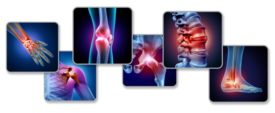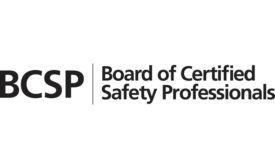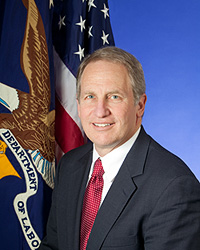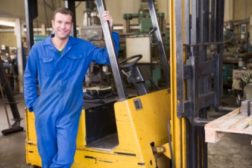Home » Keywords: » research
Items Tagged with 'research'
ARTICLES
Up to $30,000 Available for Workforce Safety and Health Research
Read More
New study: Health risk behaviors among construction workers
A profile across a variety of occupations
June 25, 2020
A Confined Space blog post
2018 Trump budget preview: OSHA gets cut, NIOSH gets disemboweled
May 19, 2017
Accentuate the positive
Sounds good, but companies just aren’t that interested in compassion and curiosity
February 22, 2013
Become a Leader in Safety Culture
Build your knowledge with ISHN, covering key safety, health and industrial hygiene news, products, and trends.
JOIN TODAYCopyright ©2024. All Rights Reserved BNP Media.
Design, CMS, Hosting & Web Development :: ePublishing











